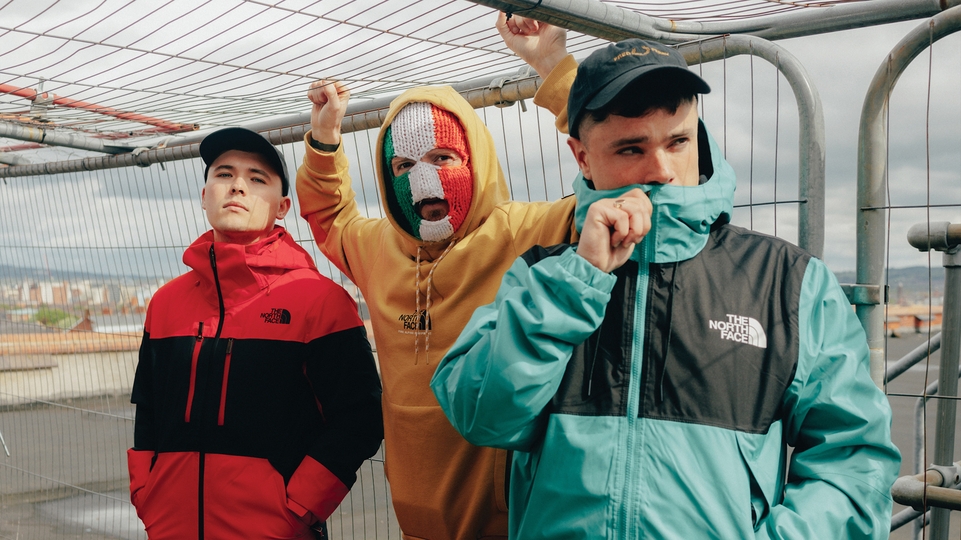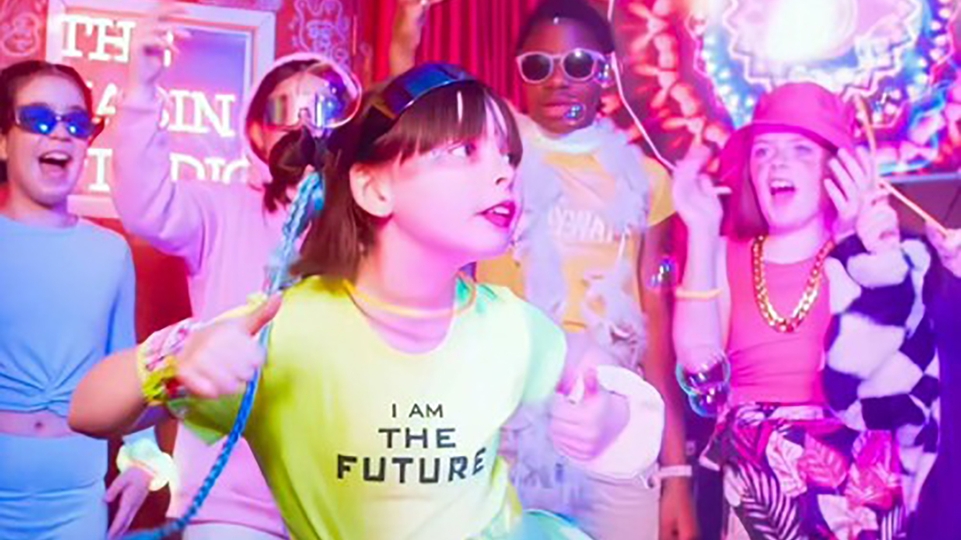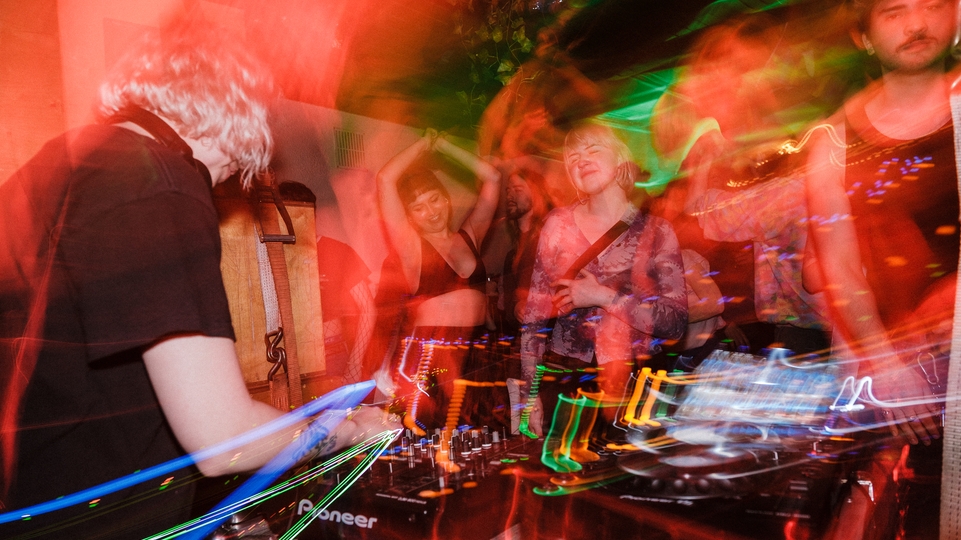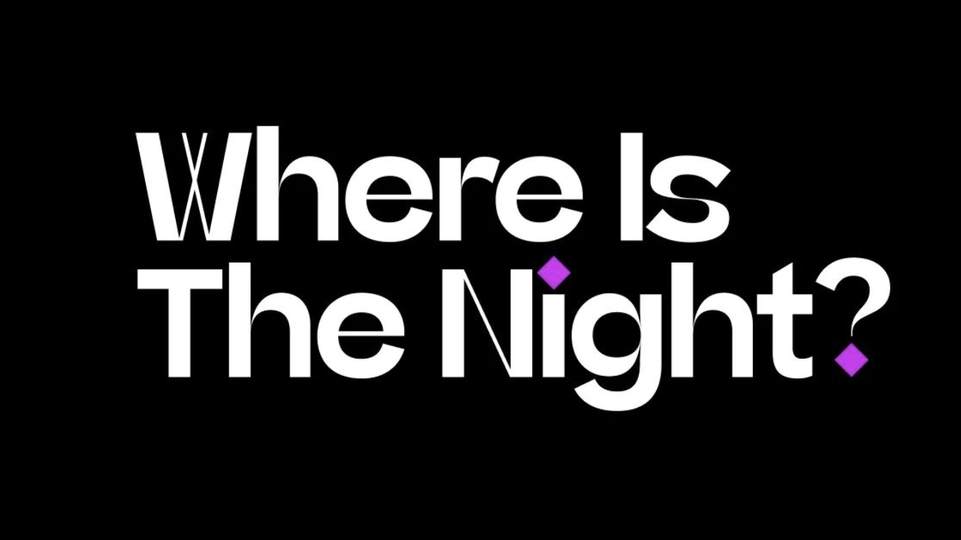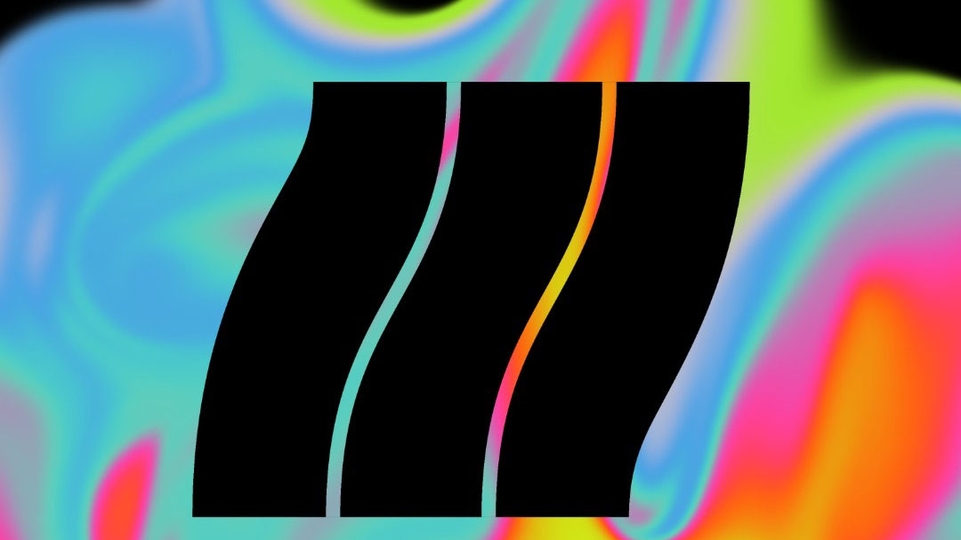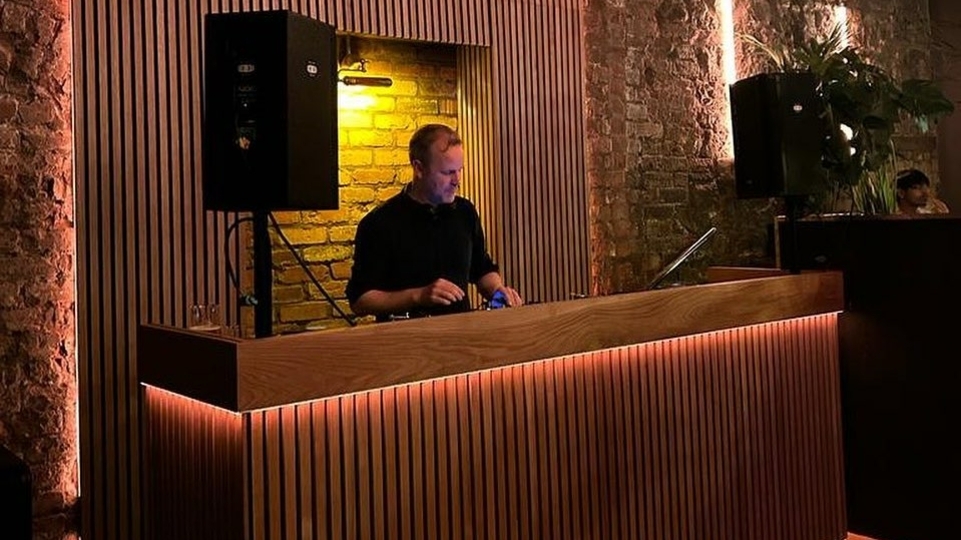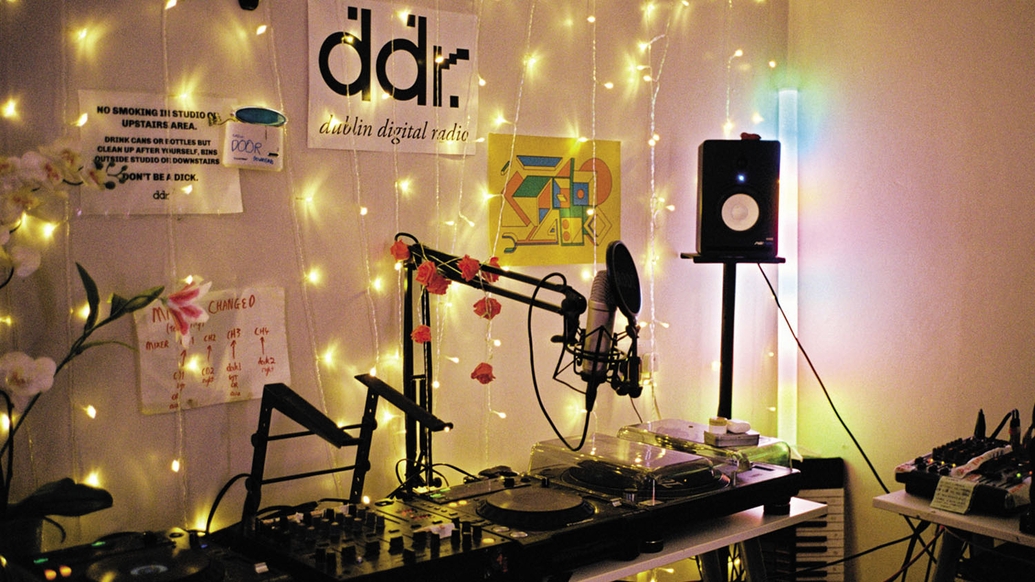
How Dublin Digital Radio created a home for Ireland's independent music scene
Since its inception in 2016, Dublin Digital Radio has become a vital community outlet for many Irish DJs and producers, and has been of added importance during the pandemic. Kelly Doherty discovers how DDR has created a home for Ireland’s independent and experimental music scene
For music fans that feel at odds with the algorithmic nature of streaming platforms, online radio is delivering an alternative source of music discovery and community. In Ireland, Dublin Digital Radio is connecting experimental artists with new audiences. Run by volunteers, the station has over 175 residents — presenting shows focused on music, politics, and the arts — and despite having no commercial or state funding, the station is on air 24 hours a day, seven days a week.
Dublin Digital Radio, known as DDR, came to life in 2016 after an edition of the Cork-based experimental music festival Open Ear. “The whole weekend, we were just blown away by how many people are making music and the community vibe that was there,” says DDR co-founder Brian McNamara. “We hadn’t really experienced it in Ireland like that before.”
After a “closet space” became available at the offices of now-defunct leftist publication Rabble, DDR began as a weekend-only online station before expanding to meet the demands of its growing listenership. From there, the station started hosting parties and developing resident DJs. Before long, it became a hangout for the local scene. “We wanted to build something that was like what a record shop used to be in Dublin,” says McNamara. “We aimed to make it a fun place that you could go to on a Friday or a Sunday night, even if you weren’t doing the radio; hang out, listen to music, and chat.”
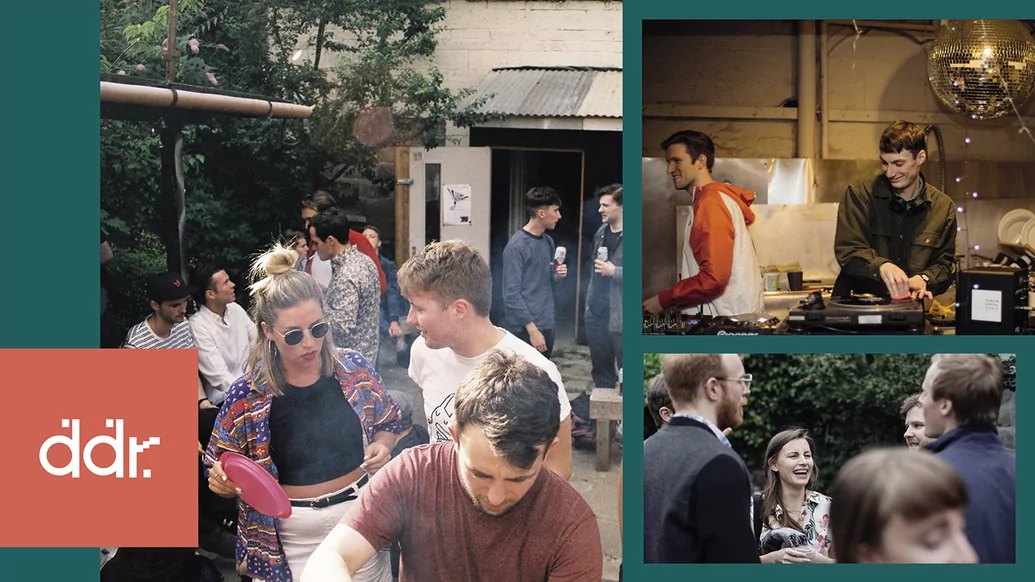

One of DDR’s most impressive feats is the expansive cross- section of independent genres and styles that it supports: the line-up of Alternating Current, DDR’s (currently postponed) debut music festival, is a who’s-who of Irish artists pushing the boundaries of their respective genres. The station’s support for underground experimentalism is rarely mirrored in the mainstream Irish arts, however, with the experimental scene largely overlooked for more traditional, popular music.
“There are certain DJs and publications that are really supportive when it comes to independent music in Ireland, but anything outside of that I don’t feel like you get the support unless you’ve somehow become famous abroad,” says Dublin-based producer and DJ, Moving Still, whose monthly DDR slot showcases Middle Eastern-influenced dance cuts. “It’s very different to places like the UK, where artists get recognised on bigger platforms much quicker. I think there’s a bit of a discrepancy between independent music and the mainstream platforms here.”
Ireland’s proximity to the UK and lack of public funding for music resources often results in a creative-brain drain, with artists crossing the Irish Sea to pursue their craft more seriously. Doubt, co-head honcho of Flood Collective, a record label specialising in hard drum and percussive-driven club tracks, recently made the move from Cork to Glasgow. “I think because we’re so close to the UK, especially for dance and electronic music, if you’re from Ireland you’re told to mess about at home for a bit and then go to the UK if you want to carry this on semi-professionally — or even keep on making music full stop, because the lack of studios and other resources is such a problem in Ireland,” he says. “But Dublin Digital Radio is very much like, ‘No, we’ve got this home- grown talent and they shouldn’t have to leave’.”
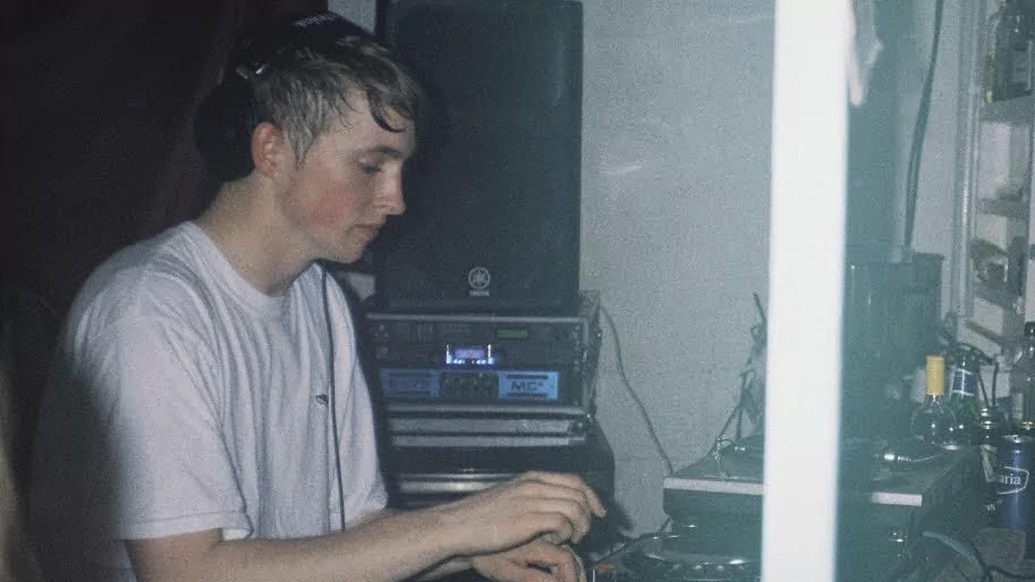
The lack of support for underground music in mainstream Irish media spreads to public arts funding decisions. “There could always be more support — bodies like the Arts Council and First Music Contact are infamously elitist,” says folk singer Maija Sofia, who recently began a DDR residency. “Even when funding is made available, we could always use more.”
For DDR, reminding Irish musicians that they have a support network at home is an active goal. Discussing Alternating Current, station co-founder Seán Finnan says, “We wanted to show that there is this whole other stream of rich music being made and produced, of so many different genres.” The festival was aiming to inspire “cultural confidence” in the homegrown scene so Irish artists “don’t have to look to London”.
DDR has provided its residents and the wider community with a vital outlet both before and during the COVID-19 pandemic. Whilst their recently opened new studio has been put on pause due to restrictions, there are still plenty of ways for its members to continue with their shows — something that’s much needed. “The pandemic has obviously had a huge impact on any kind of gigs or prospects like that,” says Doubt.
Like other club-orientated labels, Doubt’s Flood has been impacted by club closures and the loss of nightlife. They have been trying to stay optimistic, however, and Flood has continued to release music. “I was talking to other people who were on labels, and people were like, ‘What’s the point in releasing club music when nothing is open?’ I thought, let’s just keep churning it out anyway, as long as people are listening to it. I think it’s about keeping up hope that things are going to get better.”
Live-streamed DJ sets and live performances have become a staple of the pandemic. For Doubt, however, DDR has provided an alternative outlet: “I did one live stream back in August which was pretty fun, but I haven’t been too keen on keeping that up. One thing I have been keen on is my radio show.” Doubt’s monthly late-night show, HUSH, explores darker elements of percussive club music with a guest DJ featuring in episodes.
Having recently made the transition from submitting pre-recorded mixes for his slot to streaming live from home, Doubt’s DDR experience has positively improved. “I’ve started to do my show live for the first time because I have the equipment now, and that’s been really good because you can get feedback from people in the chatroom. It’s been a great way to connect people who wouldn’t normally see each other.”
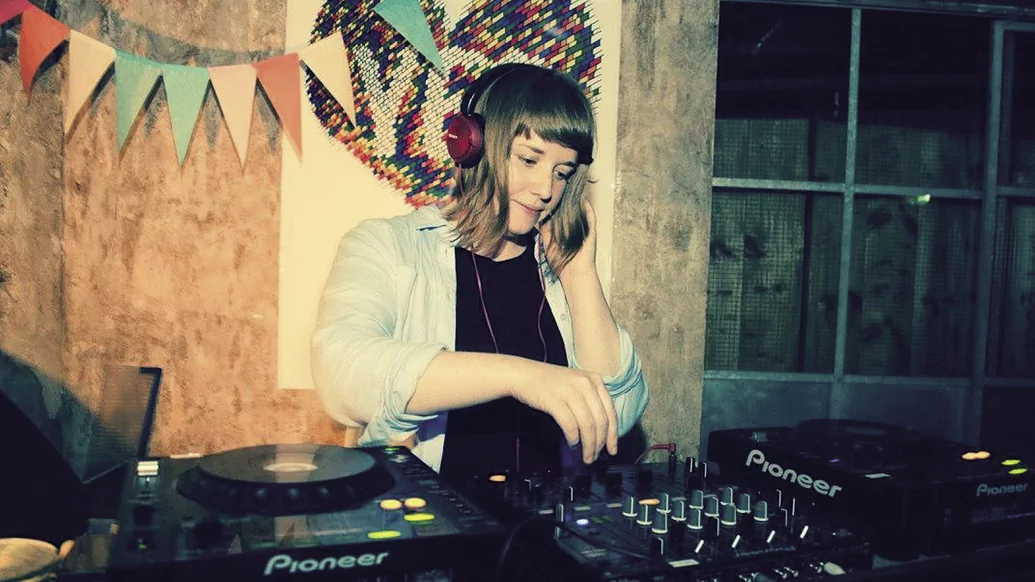

GASH Collective DJ Lolz saw her life drastically change due to COVID-19. “It was so weird because I went from having a busy life — working two jobs as well as doing gigs — to suddenly working one job and just coming home in the evenings.” A solution for Lolz was increasing the frequency of her DDR show. “My regular show was two months apart, so I hit up DDR at the start of lockdown and began doing a show every week or two.”
The show was an opportunity to connect with others and diversify her selections as a DJ. “My main show always focuses on different styles of electronic music. When I was in lockdown, I had a lot of fun with it. I started playing pop music and I did a disco special. It was an opportunity to go back to all these tunes that I hadn’t listened to in years or since I started DJing,” she says. “It’s truly something to look forward to every week.”
Whilst the nightlife scene adjacent to DDR is struggling, the station has gone from strength to strength over the last year. “We’ve increased our listenership by three or four times since the start of the pandemic — there are just so many more people engaging with the station,” says McNamara. “People have some more free time, or are unemployed, or have lost their employment temporarily, and now we have more morning shows and daytime listeners. I think that’s something that we were missing pre-pandemic.”
COMMUNITY
If there’s a silver lining to be found in the challenges of the last year, Dublin Digital Radio has strengthened its community. The station’s chatroom is a recurring source of joy during the pandemic, a home for Track ID requests and the mandatory “ABSOLUTE BANGER!” messages that compliment any underground radio show. It’s also a deep dive into the diverse community around DDR. Spend one day listening to the station and you’ll encounter a range of shows: from the improvised drone of Correspondent, to bouncing Jersey club from Dublin’s Sohotsospicy; it’s a smorgasbord of sounds that have little in common except the station they call home.
“The community that DDR has generated is absolutely incredible. I’ve made so many friends through it and I’ve learned so much,” says Aisling O’Riordan, a gig promoter, musician, and DJ involved in multiple DDR shows. “It’s a space where I’ve always felt open to ask any question, or if I wanted to help out with something and put together a radio show, they’re like, ‘Here’s a slot’.” The station’s open-minded programming has connected artists on the outskirts of their hometown scenes with like-minded people across the country.
“It’s definitely opened up scenes to me that wouldn’t have been accessible before. There were loads of people who I just wasn’t aware of before getting involved in DDR; loads of artists, collectives, and even people who are also from Cork that I didn’t know about, who are putting out really forward- thinking stuff,” says Doubt. “The connections I had before would have been very much outside of Ireland.”
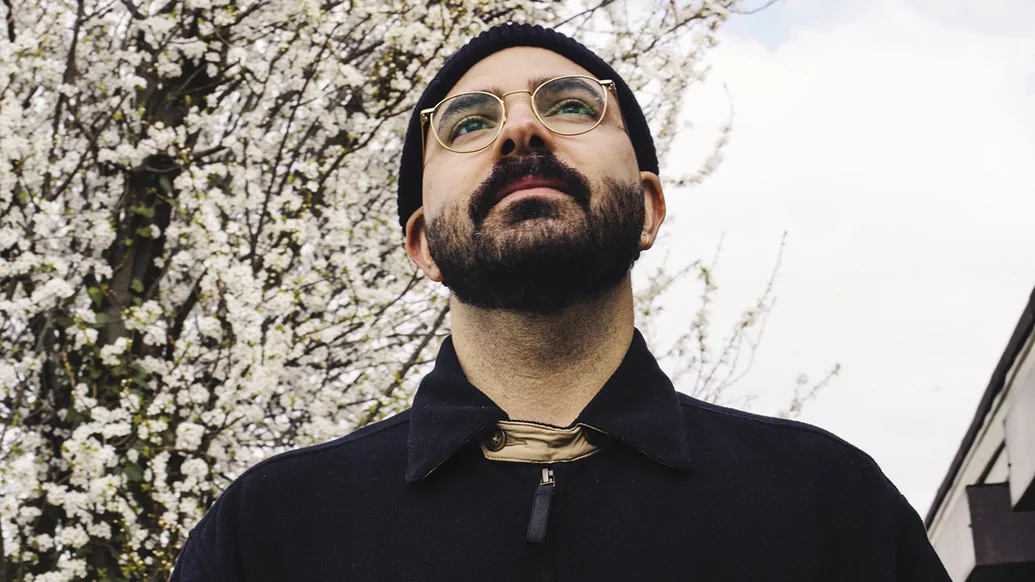
It’s on this point that the future looks solid for DDR — creating a platform that allows homegrown talent to engage with communities much further afield. “It’s allowed me to do radio elsewhere,” says Moving Still. “I was able to play Turkish, Palestinian, and French radio shows. If I’d never done DDR, I don’t think I would have been pushed to try elsewhere.”
DDR’s organisational structure is as experimental as the music it platforms. Without commercial or public funding, the station is a co-operative, funded by its Patreon members and ticket sales from club-nights and events. Whilst a lack of funding will always be a challenge, DDR benefits from the freedom of not having to keep sponsors or other authorities happy, allowing the station to push the boundaries of what a community radio station can look like.
“It presents an alternative because it’s got completely diverse shows on it and they seem quite open to anything. I work with people with intellectual disabilities and, for ages, they were saying that they wanted to do something with radio,” says Lolz, “so I got in contact with DDR and said we’d like to do a show with people with intellectual disabilities as presenters, shows that represent their lives. You don’t see that representation in mainstream Irish media.”
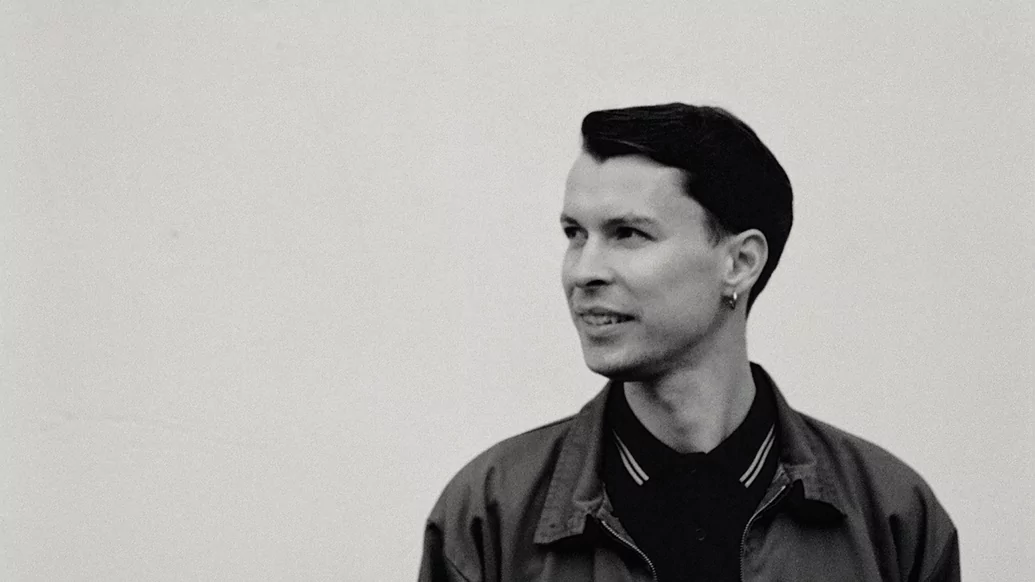

The station has also embraced timely political causes. “At the time of the Marriage Equality Referendum, there was a broadcasting rule introduced in Ireland to ensure balance in public debate. So you would have one person on [a show] who wanted to marry for love, and then some guy who just wanted to argue,” says McNamara. “We saw that other media organisations were totally shying away from [the issues] and were afraid to say anything in case they’d lose their sponsors.”
Since DDR “don’t have sponsors and don’t ever plan to”, they threw their weight behind issues such as abortion access, asylum seekers’ rights, and LGBTQ+ equality. Their openly activist stances have brought many Irish artists together under one banner, using the language of social change. For programming, DDR’s non-commercial nature means that there are no top-down playlisting requirements, so artists can also feel comfortable making music for themselves rather than focusing on what will appeal to mainstream audiences. “I feel that people on DDR are more open-minded about being experimental with music, and artists don’t feel they have to do what the public wants. They can have their freedom of expression rather than having to suit the majority.”
Despite the station being in its infancy, its organisers are planning for the long-term. “We’ve recently solidified an organisational structure that will hopefully allow the station to always operate long after the original people have decided to move on — a real blueprint for an alternative radio station,” says station co-ordinator and Getting Away With It presenter, Cathy Flynn. The station’s plans mean that experimental music will have a home in Ireland: “What Dublin Digital Radio offers is unconditional love and support,” muses O’Riordan; realistically, what else could a music scene need to flourish?
Tune into Dublin Digital Radio here.

